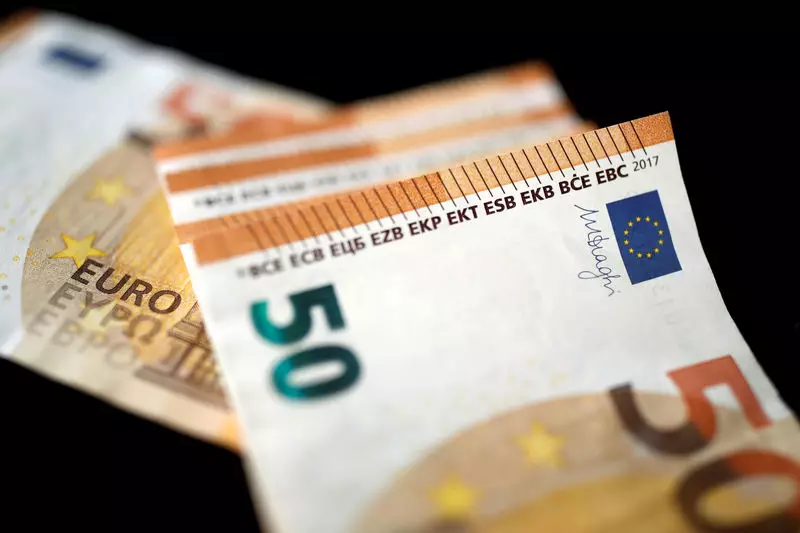The strength of the US dollar has been remarkable over the past decade, influenced by various economic and geopolitical dynamics. Recent insights from Goldman Sachs reveal that while the dollar remains strong, upcoming US elections could dramatically influence its trajectory. This situation arises from tariff policies that play a crucial role in foreign exchange markets. The expected outcomes of the elections present a complex mix of scenarios, each with its implications for the dollar’s value against other currencies.
Goldman Sachs highlights different election scenarios and their potential impacts on the dollar’s strength. A Republican sweep is anticipated to generate the most significant bullish momentum for the dollar, fueled by larger tariffs and tax cuts that would stimulate domestic investment. Conversely, if the political landscape is fragmented, a divided Republican government might lead to a more muted reaction from the dollar, as markets would temper their expectations for aggressive policy changes. On the other hand, a Democratic sweep or a divided Democratic government could initially weaken the dollar, as investors recalibrate their expectations for a shift in tariff strategies.
These outcomes suggest that the dollar’s immediate future hinges heavily on the electoral landscape. The interplay of tariffs under different administrations could either bolster or erode confidence in the dollar, emphasizing the currency’s sensitivity to domestic political changes.
Additionally, certain currencies linked closely to the US-China trade dynamic are predicted to face notable volatility. The Mexican Peso, Chinese Yuan, South Korean Won, Euro, and Australian Dollar are highlighted as being particularly affected by changes in US tariffs. If tariffs were to increase under a Republican-led government, analysts predict the Chinese Yuan could depreciate closer to the 7.40 mark against the USD. In the Eurozone, projections indicate a potential decline in the Euro’s value by 3% to as much as 10% if a broader tariff strategy, combined with abated tax burdens, comes to fruition.
Conversely, the Japanese Yen’s future against the dollar remains less certain due to conflicting pressures, making it a less attractive option for traders according to Goldman Sachs. This lack of clarity stems from both domestic policies and external market conditions that could affect currency exchange rates in unpredictable ways.
Goldman Sachs emphasizes the need for prudence in strategies surrounding currency investments, particularly in the context of historical tariff impacts. The strategists note that while there are fundamental analyses that suggest smaller shifts in foreign exchange rates compared to more immediate policy changes, investors should remain cautious. Given this context, the recommendation leans towards favoring long-dated trades, especially in the event of favorable Republican outcomes, rather than Democratic ones.
Ultimately, while US policies play a pivotal role in determining the destiny of the dollar, external factors such as China’s monetary policy also pose a considerable influence. The bank indicates that if China’s economic stimulus efforts yield better-than-expected results in revitalizing global growth, this could introduce unforeseen downside risks to the US dollar forecast, hinting at the multifaceted nature of currency dynamics in today’s interconnected global economy.

